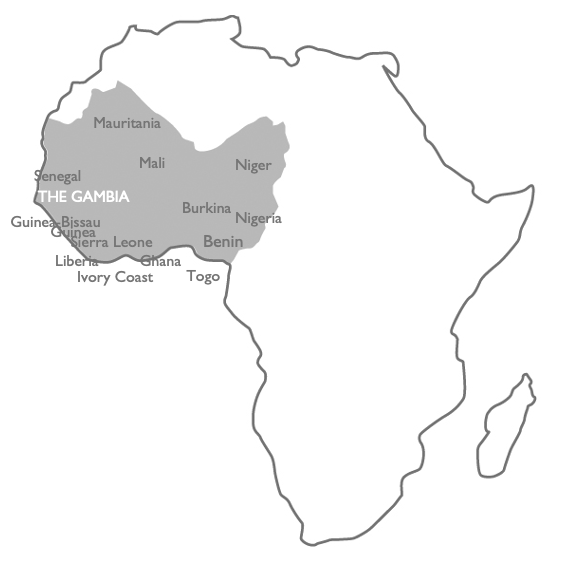WHY CREATE AN INTERNATIONAL INSTITUTE OF CULTURAL EXCELLENCE?
THE LIVING TRADITION
Lack of archaeological finds of musical instruments or music-related items makes
it difficult to construct a deep history of music in West Africa; the traditions are centuries, perhaps even millennia, old. The traditional music is still playing an important role in the everyday West African society. The traditional musicians
(Griot in French, Jali/Jeli in Mandinka and Fula, Gewel in Wolof) function as living libraries; they are the voice of oral history, storytelling, proverbs, negotiations and various forms of praising. Drumming, which has a close association with the blacksmith-sculptor artisan group, and hunter music are probably the oldest.
Jeliya (the art of the Jeli) goes back to the 13.th century origins of the Mali Empire, although the institution of the griot in West Africa probably stems from the earlier Ghana Empire. The growth of hunter’s music, drumming and jelly may track the shifting of political power in western Africa from hunters to blacksmiths to state builders. The unique forms of music-traditions in West Africa have not been restricted by National boarder-lines, but rather the development has followed the bearers of the traditions. We find Mandinka music in Mali, Senegal, Guinea and The Gambia, Fula-music and Wolof-music in Senegal and Guinea and The Gambia, and we find the Susu, a Guinea-originated tradition, in The Gambia. Jalis or Gewels have always travelled freely in the region to be able to make a living of their inherited role in society.
KEEPING THE TRADITION ALIVE
The Jali-tradition is still strong in the West African region, but the old masters fear that the oral history and knowledge will die out with them. Already big Jali-families have experienced that the instruments are left in a corner when the great masters die, they also experience that the young generation likes pop-music and R&B more than the traditional music. ECCO seeks to arrest this tendency by creating the room for traditional West African culture to be preserved as a social, living heritage, presented in the best manner and exposed to other cultures based on mutual respect and understanding.
